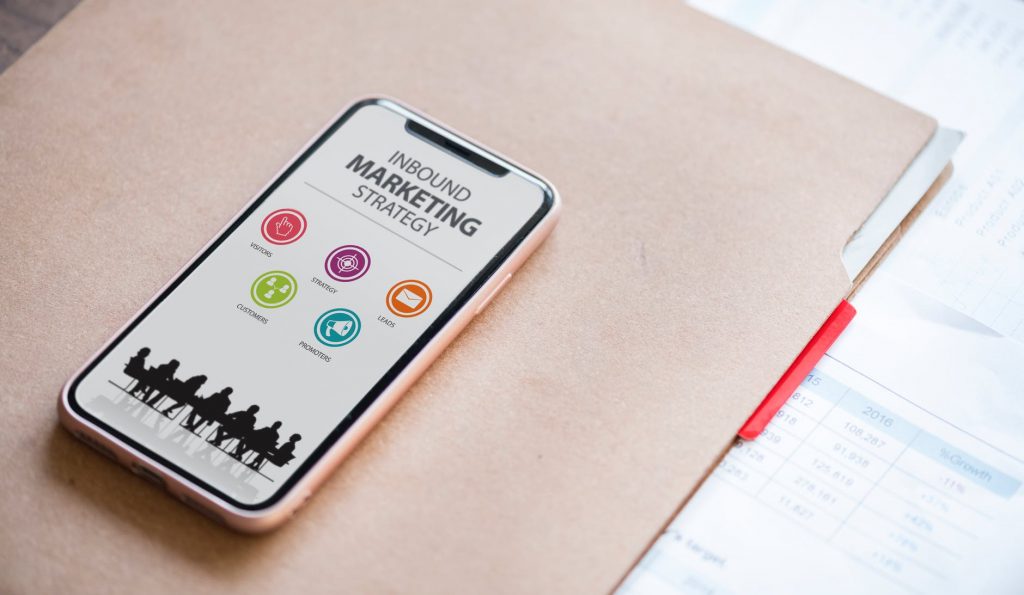Artificial intelligence (AI) has come a long way since its widespread integration in the early 1980s. While this technology is more visible with the inventions such as moving robots, modern businesses have used AI to speed up operational processes, protect sensitive information, and other functions to maintain a competitive edge in the industry.
Unsurprisingly, AI has made its way to the world of marketing too.
From providing new depth to numbers to personalized chatbots — here are some ways that AI is disrupting the industry.
Search Engine Optimization
By now, you’ve probably heard of Search Engine Optimization — an absolute necessity for online businesses. Search Engine Optimization (SEO) encompasses all the strategies, techniques, and tactics marketers use. Its main purpose is to increase the number of visitors on websites by pushing their presence all the way to the top of the search results. Since 2015, Google claims they have already started experimenting with AI-driven search engines, through its machine learning-based algorithm, Rankbrain. This algorithm lets users sort through all possible search results and rank them based on the user intent and queries. Marketers have taken advantage of this by utilizing keywords, location, and other important SEO variables that help convert traffic into customers and sales.
Predictive Analytics
Predictive analytics in marketing is a way of “reverse-engineering” customer experiences by extracting information from previous encounters in order to predict their future actions. For example, AI can be used to determine how likely consumers are going to buy a product again, or when they’re likely to shift to another brand. It can also be used to predict seasonal behavior, or what products are mostly likely be sold during certain months, events, or holidays.
Chatbots
Chatbots are a byproduct of AI technology, so they have the capacity to analyze data and make informed decisions based on it. Several companies like Lyft have started integrating chatbots into their websites to handle customer inquiries. They can even be used to recommend certain products and services, as well as provide extra details. That way, customer experiences are made more personalized than ever.
Personalized Recommendations
AI learns through crafted algorithms that enable them to learn about their users, and recommended products that align with personal preferences (like YouTube recommendations and tailored ads on Instagram). However, there are privacy issues involved with gathering data from social media platforms like Facebook and other sources. AI gathers its data from daily interactions with humans, so it never hurts to be too mindful when using this particular function.
Visual Search
Advances in AI analysis and recognition have made it possible to search images. Instead of relying on keywords or consumers’ past searches and purchases, retailers like ASOS and Target have taken advantage of this technology to market their products by allowing its users to upload images and search for it in their website’s product catalogue.
Of course, these are just some of the many applications of AI technology. With all these innovations disrupting the marketing industry as a whole, it’s important to address the common misconception that AI is going to make humans unemployed. Phoenix Zou’s article on AI for freelance platform Yoss states that human interactions, critical thinking, empathy, and problem-solving skills will continue to be essential for blue and white collar workers. These skills will continue to be vital for businesses to succeed, and won’t be edged out by AI anytime soon. AI is more likely to complement human workers than force them out.
For marketers, it seems that what AI will provide is an escape from the mundane process of manually gathering data, allowing professionals to do the analyzing and interpreting it into meaningful insights. Whatever the future holds, it takes an open mind and the willingness to embrace new advancements to make humans’ lives easier.

